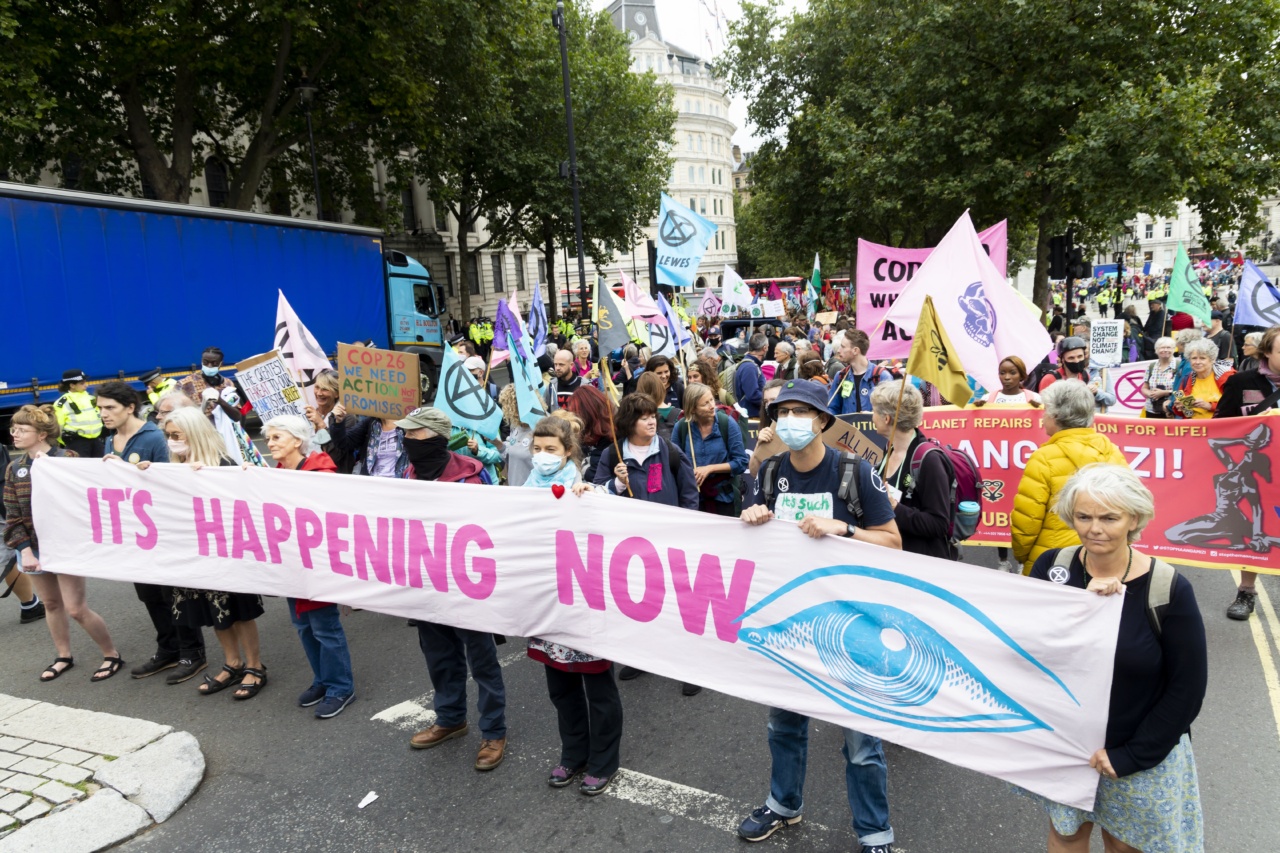Heart disease is a leading cause of death worldwide, and it often presents itself in the form of a cardiac event.
Cardiac events occur when there is a disruption in the normal functioning of the heart, which can lead to serious complications or death if not addressed immediately. It is crucial to recognize the warning signs of a cardiac event and seek medical attention promptly to minimize the risk of further damage. In this article, we will discuss ten warning signs that should not be ignored if you suspect a cardiac event.
1. Chest Pain or Discomfort
Chest pain or discomfort is the most common symptom of a cardiac event. It can manifest as a tightness, pressure, or squeezing sensation in the chest lasting for a few minutes or recurring intermittently.
This pain may radiate to the arms, jaw, neck, or back. Any chest pain, particularly if accompanied by other symptoms, should be evaluated by a healthcare professional immediately.
2. Shortness of Breath
Experiencing difficulty in breathing or feeling short of breath during rest or mild exertion can be a sign of a cardiac event. This symptom may be accompanied by a sense of impending doom, lightheadedness, or dizziness.
If shortness of breath is sudden and severe, it requires immediate medical attention.
3. Nausea, Vomiting, and Indigestion
Unexplained nausea or vomiting, often accompanied by indigestion or discomfort in the upper abdomen, can indicate a cardiac event.
Many people mistake these symptoms for a gastrointestinal issue, but they can also be warning signs of a heart problem, especially in women.
4. Cold Sweats
Profuse sweating and cold, clammy skin are known as cold sweats and are often associated with a cardiac event. These symptoms can occur suddenly and may be unrelated to exercise or high temperatures.
If you are experiencing unexplained cold sweats, seek immediate medical attention.
5. Fatigue
Often overlooked, persistent or excessive fatigue can be an early warning sign of a cardiac event. Individuals may feel tired despite getting enough rest or find it difficult to complete routine tasks.
If fatigue is accompanied by other symptoms like chest pain or shortness of breath, it should not be ignored.
6. Light-headedness or Fainting
Feeling faint or dizzy may result from inadequate blood supply to the brain, which can occur during a cardiac event.
Fainting or loss of consciousness is a concerning symptom that warrants immediate medical attention, as it may indicate a dangerous arrhythmia or irregular heartbeat.
7. Unexplained Anxiety
Intense feelings of anxiety or a sense of impending doom may be a warning sign of a cardiac event. This anxiety can occur suddenly and without any apparent cause.
If you experience unexplained anxiety along with other symptoms such as chest pain or shortness of breath, it is important to seek medical help promptly.
8. Swelling in the Lower Extremities
Fluid retention leading to swelling in the legs, ankles, and feet, often called peripheral edema, can be indicative of heart failure or a cardiac event.
This swelling may be accompanied by weight gain and should not be ignored, as it may suggest a serious underlying heart condition that requires immediate attention.
9. Irregular Heartbeat
An irregular or rapid heartbeat, also known as arrhythmia, can be a sign of a cardiac event. This can manifest as a sensation of skipped or extra heartbeats, a racing heart, or a fluttering sensation in the chest.
If you notice any abnormality in your heartbeat, it is important to consult a healthcare professional for further evaluation.
10. Sudden, Severe Weakness
A sudden and pronounced weakness, particularly when it is localized to one side of the body, can be a symptom of a cardiac event, such as a heart attack or stroke.
Weakness can affect the arm, leg, or face and is often accompanied by other symptoms like confusion, difficulty speaking, or visual changes. If you or someone around you experiences these symptoms, call emergency services immediately.
It is important to remember that these warning signs may vary among individuals, and some people may experience a combination of multiple symptoms.
If you suspect a cardiac event, it is crucial not to ignore any potential warning signs and seek immediate medical attention. Identifying a cardiac event early can greatly improve the chances of successful treatment and reduce the risk of long-term complications or fatality.


























